 The Women’s March was glorious. Yes, I disagree with much said in the speeches, but that wasn’t an issue because like the vast majority of people who participated, I didn’t go to hear celebrities or politicians talk. I participated to show my rage and frustration at Donald Trump and the policies he and the GOP are preparing to impose on us. Women like me, disgusted, dismayed, enraged at Donald Trump’s misogyny, which the GOP has endorsed, flooded to this demonstration.
The Women’s March was glorious. Yes, I disagree with much said in the speeches, but that wasn’t an issue because like the vast majority of people who participated, I didn’t go to hear celebrities or politicians talk. I participated to show my rage and frustration at Donald Trump and the policies he and the GOP are preparing to impose on us. Women like me, disgusted, dismayed, enraged at Donald Trump’s misogyny, which the GOP has endorsed, flooded to this demonstration.
We brought family, friends, supporters, male and female, protesting the human rights and climate deniers whom Trump has brought with him into office. There was some diversity but this was primarily a march of young White women who carried signs about their bodies, “Pussy power” being the most prominent at the New York march. “Pussy power” strikes me as especially apt. Like women who fight patriarchy, it’s naughty. It evokes the strength in numbers. Most of all, the march birthed a new social movement which will owe its life to pussy.
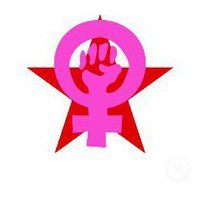
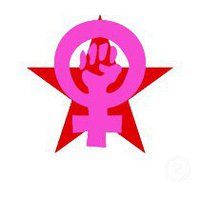
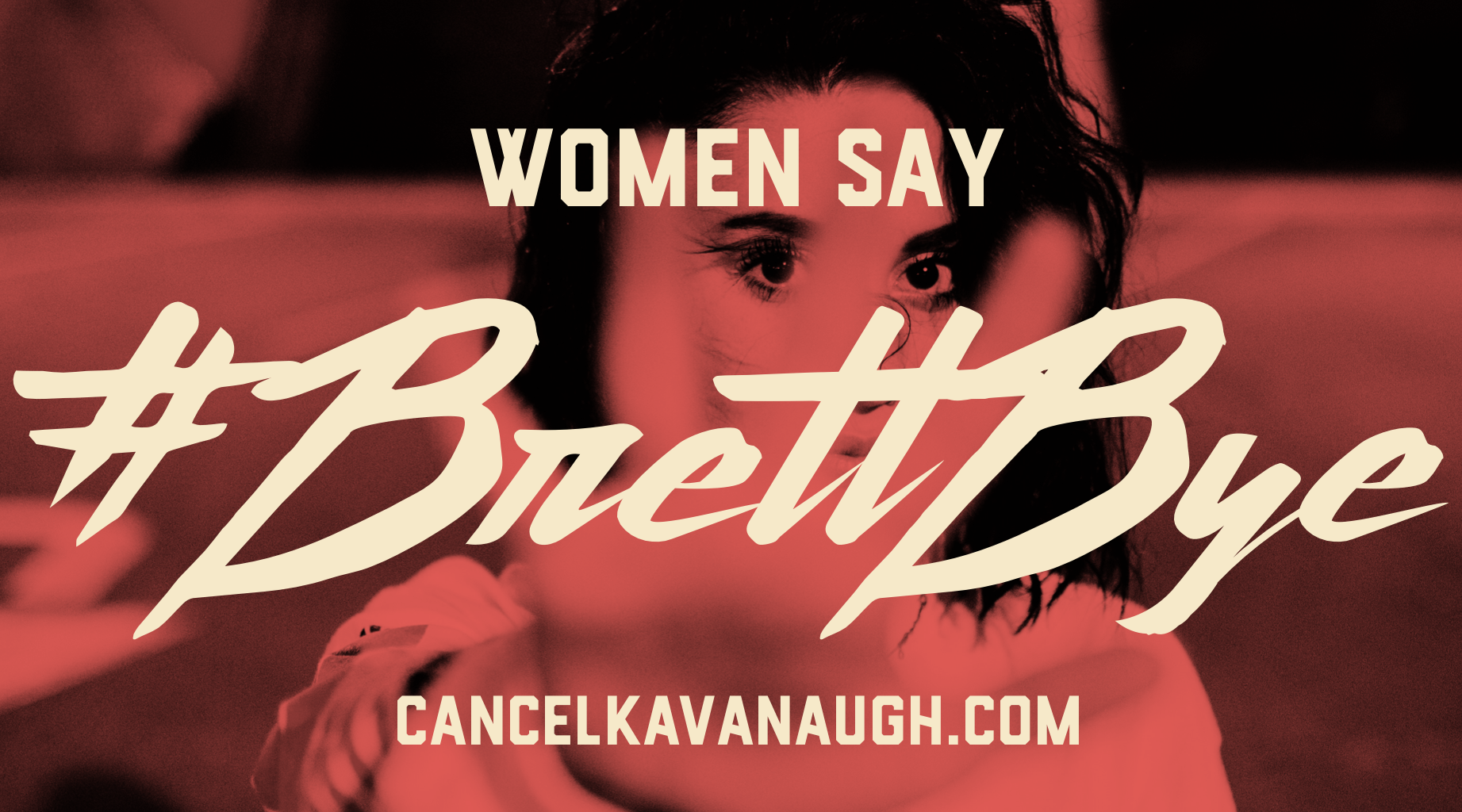


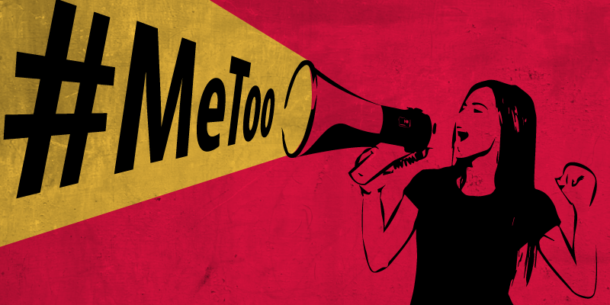 #MeToo has seen countless people coming forward with experiences of sexual violence and harassment and has become central to conversations around gendered violence.
#MeToo has seen countless people coming forward with experiences of sexual violence and harassment and has become central to conversations around gendered violence.

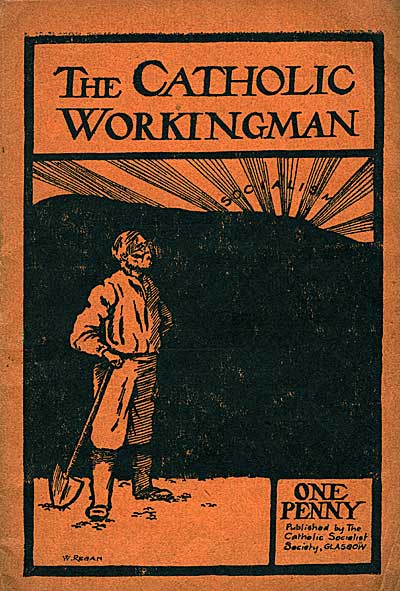 On March 19th, 2018, Gov. Phil Bryant of Mississippi signed into law the earliest abortion ban in the United States, restricting abortions after 15 weeks in the entire state. The day after, the Supreme Court housed debate on the legality of a California law regulating speech at anti-abortion crisis pregnancy centers, which required that they present information about affordable abortion, contraception, and prenatal care, and to display signs saying that they are not a licensed medical clinic, in cases where they are not. This has re-ignited debate over the appropriate stance for the left to take on abortion, and whether there is space on the left for anti-abortion views.
On March 19th, 2018, Gov. Phil Bryant of Mississippi signed into law the earliest abortion ban in the United States, restricting abortions after 15 weeks in the entire state. The day after, the Supreme Court housed debate on the legality of a California law regulating speech at anti-abortion crisis pregnancy centers, which required that they present information about affordable abortion, contraception, and prenatal care, and to display signs saying that they are not a licensed medical clinic, in cases where they are not. This has re-ignited debate over the appropriate stance for the left to take on abortion, and whether there is space on the left for anti-abortion views.



 I came back when the Women’s March in D.C. exhausted but thrilled, convinced that we are seeing the birth of a new women’s movement. Hearing about all the other Women’s Marches around the world only confirmed that impression. The size, the inclusiveness, the defiant but good-humored spirit and the progressive politics make me very optimistic.
I came back when the Women’s March in D.C. exhausted but thrilled, convinced that we are seeing the birth of a new women’s movement. Hearing about all the other Women’s Marches around the world only confirmed that impression. The size, the inclusiveness, the defiant but good-humored spirit and the progressive politics make me very optimistic. The Women’s March was glorious. Yes, I disagree with much said in the speeches, but that wasn’t an issue because like the vast majority of people who participated, I didn’t go to hear celebrities or politicians talk. I participated to show my rage and frustration at Donald Trump and the policies he and the GOP are preparing to impose on us. Women like me, disgusted, dismayed, enraged at Donald Trump’s misogyny, which the GOP has endorsed, flooded to this demonstration.
The Women’s March was glorious. Yes, I disagree with much said in the speeches, but that wasn’t an issue because like the vast majority of people who participated, I didn’t go to hear celebrities or politicians talk. I participated to show my rage and frustration at Donald Trump and the policies he and the GOP are preparing to impose on us. Women like me, disgusted, dismayed, enraged at Donald Trump’s misogyny, which the GOP has endorsed, flooded to this demonstration. 


